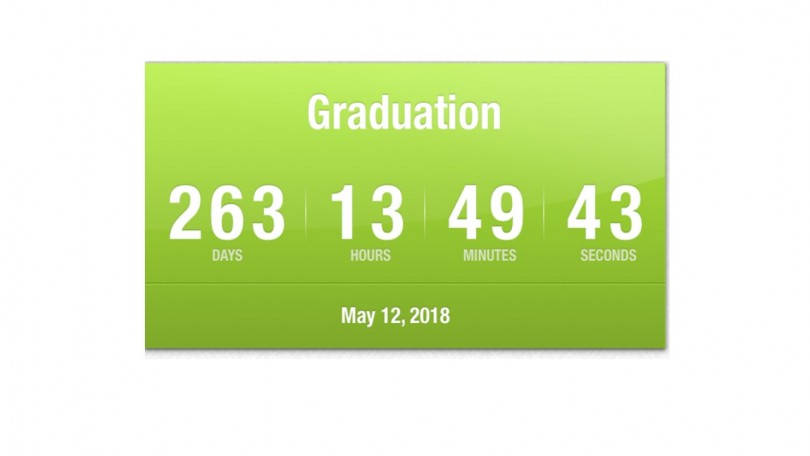The Countdown Until Graduation Starts now. Are you Ready for Your job Search?
In nine months you will be a college graduate ready to take on the next challenge—finding a job and starting your career. Your summer internship turned into a job offer. Congrats. That’s huge. For the rest, recruiting for Wall Street, consulting and engineering firms, Teach for America, Venture for American, LinkedIn, rotational training programs and other jobs starts in September. Are you ready?
Yes, another discussion on resumes
If you don’t have a resumé that is personality-rich, accomplishment-based, formatted to what recruiting and hiring managers expect and an applicant tracking software (ATS) compliant get crack-a-lacking. Forget your school’s career services format. Most do not comply with today’s practice of resume writing nor will it make it through a company’s ATS. If they won’t put yours into the database because it’s not the school’s format—fight it. If career services refuses, then you need to have two resumes. Sorry about that.
Cover letters
There’s no debate on cover letters/emails. Although most companies do not pay to have its ATS scan uploaded cover letters, if your resumé makes it through your cover letter gets forwarded to the reviewer. Cover letters not resumes demonstrate how effectively you communicate.
Cover letters are not as complicated as most students make them out to be. There are a few simple rules to follow.
- Do not repeat what is on your resume. What’s the point.
- Do speak to the value you offer—not your major, but the knowledge-based and interpersonal skills.
- Do make it short. An attention-getting opening sentence, 2-3 bullet points that are value-based and relevant to the position, a thank you and you are out.
And because this question gets asks a lot. When the job application or resumé is sent to a person, the cover letter is the content of your email; it is not attached. That’s just plain stupid to attach what you already wrote in an email.
References will be checked
You will need references. References speak to your character. Who can do that for you? The manager from your internship(s), former bosses, a co-worker who is very familiar with the work you did and the professors who know you well. Have 3-5 references you can use. Unless you are applying to graduate school, references are for the most part verbal. Be sure to have email and phone numbers for each of your references.
LinkedIn profile
Your resumé does not tell your story. Your LinkedIn profile does and you have 2,000 characters plus a 120-character headline in which tell people who you are. Not about your major or degree (there are other places on the profile page to do this) but about the person you are. Because LinkedIn is social media, you can talk about yourself in the first person–“I”. Don’t forget to include a photo. You will be passed over without a photo.
Computers do not offer jobs. People do.
You will not find a job sitting at your computer. You’ll find job postings and applications and so will the other million+ seniors. What can you do differently?
- Who do you know? Yes, friend’s parents, relatives, the neighbor down the street. All part of your network.
- Who will connect and talk with you? Alumni Relations has a database that can be sorted by geography, career field, company and more. So does LinkedIn. Just go to your school’s LinkedIn page, click on alumni and there you go. Search. They too are part of your professional network.
- Develop a targeted list of employers—10-12 employers—learn everything you can about them and work to find people connected to those employers and jobs you are interested in pursuing.
People want to help. You need to tell them how they can help you. Be strategic. Be specific. You will not have to ask for anything when you show your professionalism.
Now you have a job search plan. Work your plan.



